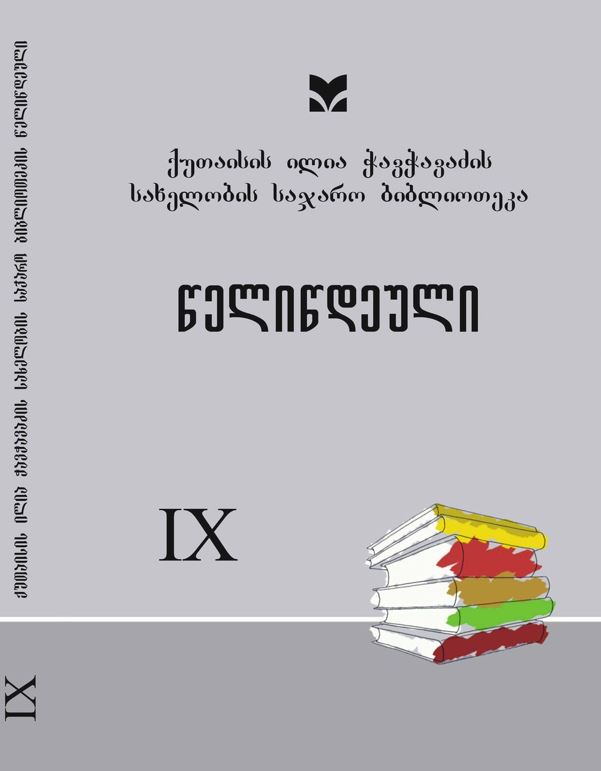Verb Constructions With Euphemism Function In Will And Footnotes Of Svaneti Manuscripts
Abstract
Manuscripts created and kept in Svaneti always attracted the attention of scientists. Most interesting are the footnotes of manuscripts which contain the preys towards god, saints, to save the re-writer of the manuscript, dresser or ordinary parish.
The article discusses the language etiquette forms, in particular passive and masdar constructions which express awe and respect towards the object shown in footnotes. Instead of active verb constructions we meet the passive, masdar constructions in the footnotes of the wills, which hold the euphemist meaning: I finished it - it was finished, it was accoomplished; I wrote it - it was written’ I conducted it - I was worth to conduct it; I described it - I was worth to describe it by her (St. Virgin) …
The usage of this language form is dictated by the implication of self-evaluation, also respectful approach towards addressee, which is the interesting part of the language etiquette.




